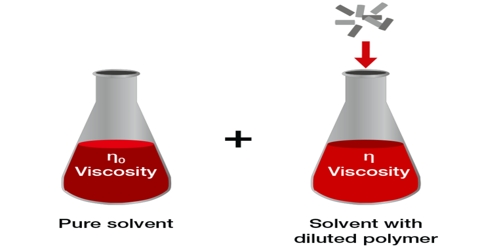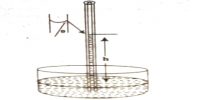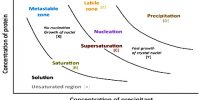Viscosity and its Importance
Viscosity is the measure of a substance’s resistance to motion under an applied force. Viscosity is an important property in both theoretical and practical work. Viscosity of lubricating oils play an important role in their use in machines. In the manufacture of paint, rubber, glue and synthetic polymers extensive use of viscosity measurements is made in control operation.
The following are examples of how viscosity measurements are used: Viscosity is a most important parameter when any flow measurements of fluids, such as liquids, semi-solids, gases and even solids are made.
- Food: Viscosity measurements are used in the food industry to maximize production efficiency and cost effectiveness.
- Petroleum: Viscosity measurements project the effectiveness of lubricating oil and determine design elements of pipelines.
- Concrete: Viscosity determines the self-leveling and pumping behavior of a mix.
- Cosmetics: Viscosity should be considered when designing the feel and flow of cosmetic products.
In theoretical work, particularly in determining molecular masses of high polymers viscosity measurements have found very wide applications.















